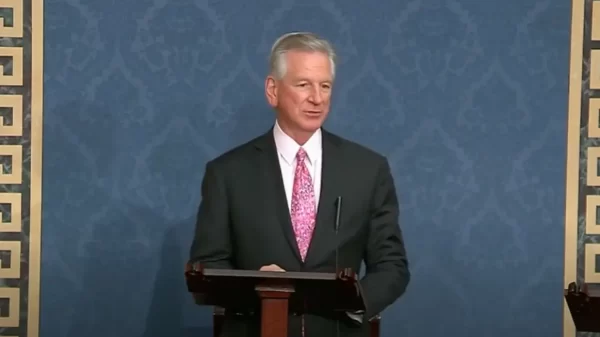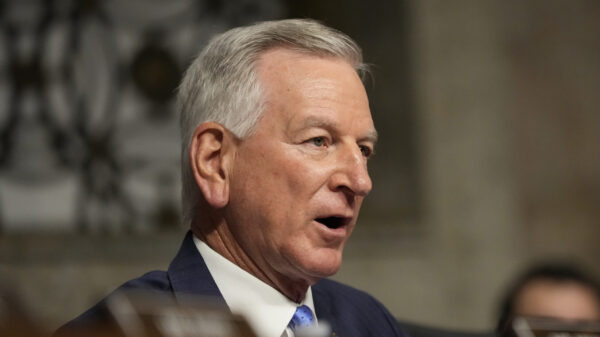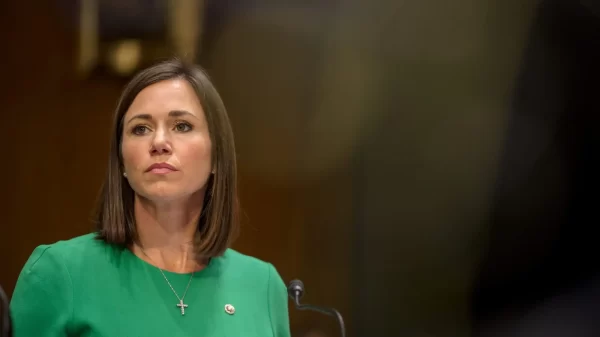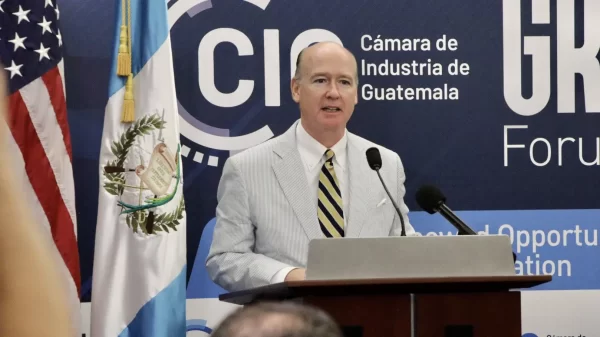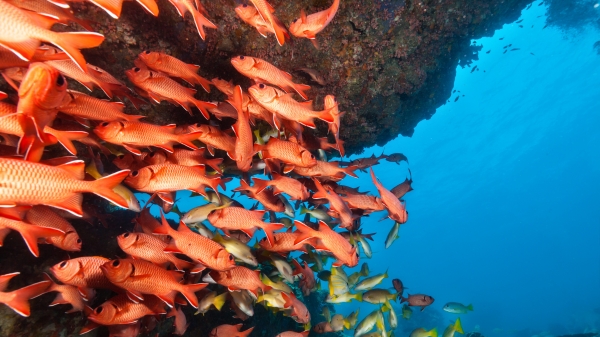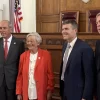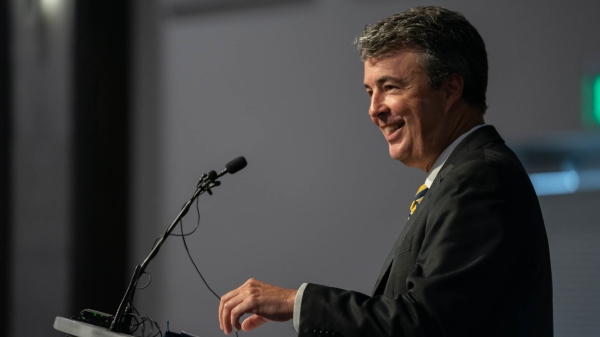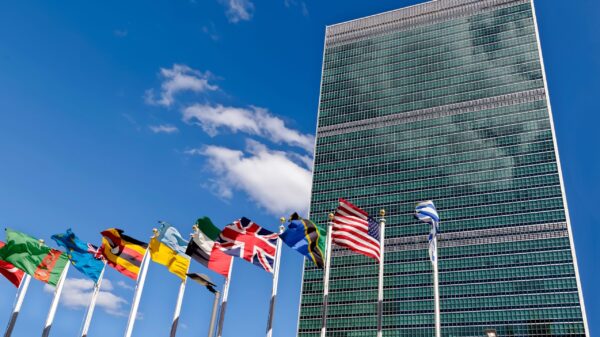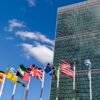By Brandon Moseley
Alabama Political Reporter
Thursday, the United Nations (UN) released a report stating that they need more of the world’s money to fund their activities and they have proposed a series of new UN taxes to get the money that they claim they need.
The U.N. World Economic Social Survey (WESS) is released every year by the U.N.’s Department of Economic and Social Affairs. This year’s report claims that the UN needs vast sums of new revenues to deal with ‘Global Challenges’ including climate change.
The WESS report is calling for a currency transaction tax on four major world currencies: the American dollar, Europe’s embattled Euro, the yen, and the pound sterling. Many people have nicknamed this a “Robin Hood Tax.” The UN would collect a tax of 0.005% on all financial transactions involving these four currencies. The UN estimates that they would make $40 billion a year from this proposal.
The WESS report also calls for a carbon tax of $25 a ton of carbon dioxide (CO2) emitted in developed countries. The UN estimates that they would raise $25 billion a year. The liberal Labor Party government in Australia has recently implemented a carbon tax of its own. The UN claims that CO2 is responsible for “climate change” though it is unclear exactly how giving the UN $25 every time a factory, power plant, or automobile in a developed nation emits a ton of CO2 accomplishes anything to do with “climate change.”
Perhaps the most controversial proposal in this year’s report is the UN’s proposed seizing of 1% of the wealth of the world’s billionaires. This is not an income tax, but is instead a yearly seizure of accumulated assets. The report estimates that this would generate $40 to $50 billion a year for the UN. While the U.S. Constitution allows the government to tax income, a tax on someone solely because a government thinks they have accumulated too much raises constitutional and legal questions. While it would comparatively few persons there is always the possibility that future inflation could lead to many more billionaires.
The WESS report also looked at imposing an airline ticket tax. They estimate that that could generate $one to $ten billion a year for UN coffers. The report also floats the idea of a much wider financial transaction tax which could generate $75 billion a year.
The Committee also looked at the creation of new international liquidity through issuance of special drawing rights (SDRs) by the International Monetary Fund IMF). They estimated that this had the potential of generating another $275 billion for the UN.
Survey author Roby Voss said that international taxes to support the UN had become necessary because, “Donor countries have fallen well short of their aid commitments and development assistance declined last year because of budget cuts, increasing the shortfall to $167 billion.” “Although donors must meet their commitments, it is time to look for other ways to find resources to finance development needs and address growing global challenges, such as combating climate change.”
The report does acknowledge that there could be resistance to some of these proposals. The report said, “These proposals are subject to political controversy. For instance many countries are not willing to support international forms of taxation, as these are said to undermine national sovereignty.”
To read the 2012 WESS report in its entirety:
http://www.un.org/en/development/desa/policy/wess/wess_current/2012wess.pd


